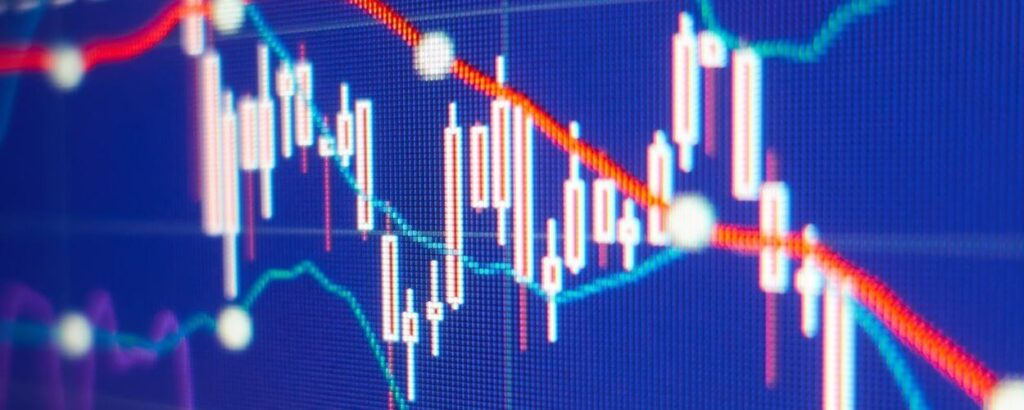Table of Contents
ToggleYesterday trading signals are given +4.173%
Symbol: USOIL; Type: SELL; Open Price: 93.538; Close Price: 91.803; Profit: +1.855%.
Symbol: HK50; Type: SELL; Open Price: 20137.8; Close Price: 19671.1; Profit: +2.318%.
Rising interest rates in the EU
The price of energy and food drove the increase in consumer prices in August, which was 9.1% higher than the same month a year earlier and was estimated to be 9% by a poll conducted by Bloomberg. The underlying inflation rate reached a new all-time high of 4.3%, underscoring that pricing pressures continue to become more widespread. This report was released as the European Central Bank (ECB) debated the magnitude of the interest rate hike that will take place the following week. According to the head of the Dutch central bank, Klaas Knot, rising wages, and a weak euro offer potential upside risks.
Joachim Nagel, the head of the Bundesbank in Germany, stated that interest rates should be significantly increased in September. Six members of the European Central Bank Governing Council have expressed support for an increase in interest rates of more than fifty basis points.
The start of a recession in the EU
To stop the soaring inflation, Jerome Powell has abandoned the concept of a “soft landing” and is aiming for something far more painful for the economy. This is done to achieve his goal of reducing the deficit. The purpose of the Federal Reserve is to reduce inflation by limiting economic growth below its potential level, which authorities estimate to be 1.8%. Diane Swonk, the chief economist at KPMG LLP, compared the possibility of another hike in interest rates to “dripping water torture.” In September, Federal Reserve Chair Jerome Powell left the door open for the case of another interest rate increase. He stated that the labor market was “obviously out of balance” because the demand for workers significantly exceeded the supply of workers. Achieving the goal of increasing unemployment while preventing the economy from falling into a recession will require some good fortune.
A poor economy barely expanding is far more likely to be pushed off track by an unexpected shock, such as a new run-up in oil prices. A weak economy is considerably more susceptible to being knocked off course. According to the so-called Sahm Rule, a recession is about to begin when the three-month moving average of the unemployment rate rises by at least 0.5 percentage points from its low point in the preceding 12 months. Fannie Mae’s senior economist, Doug Duncan, anticipates a moderate recession during the first three months of 2023. Michael Gapen, the top US economist at Bank of America, has stated that he is less convinced than previously that a recession will start in the second half of this year.
The Austrian authorities will repay part of the population’s payments
After a spike in energy costs led the municipal utility of Vienna to submit more security, the government of Austria has given its approval for a loan of 2 billion euros ($2 billion). As a result of Russia’s restrictions on gas supply to Europe, regional utilities will require an increased amount of collateral to meet margin calls. The loan represents the lower end of future funding demands, which had ballooned to as much as $6 billion before the European benchmark electricity prices dropped earlier this week.
On Monday, electricity prices in Austria reached an all-time high of almost 1,000 euros, but they quickly plummeted when the European Union made commitments to interfere in the market. The largest power exchange in the area has pleaded for further government help because the billions of euros put up as collateral reduce liquidity. According to estimates provided by Citigroup Inc., the needed amount of collateral is more significant than 100 billion euros. Wien Energies can use its new credit facility within the next two hours.




